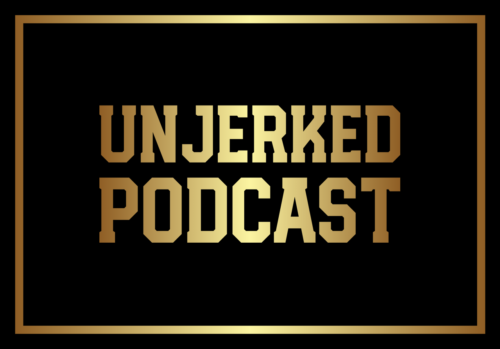William Henderson and B. McGraw discuss welfare in the United States. What programs do we have? Is it beneficial for society on balance?
We first discuss the different types of systems which existed before government furnished aid. This includes religious charities, family networks, and more. Then we talk about the origins of state-based social programs, to include the English poor laws, as well as the New Deal in the United States. We then discuss government vs localized charity, and the pros and cons of each. We discuss the economic benefits of social programs, to include increased productivity of people who are given a path back to employment. Then we go over the founding fathers’ views on welfare – to include Thomas Paine. Then, we discuss libertarian views on the topic, such as by F.A. Hayek and Milton Friedman. Finally, we discuss the origins of anti-welfare ideology, which traces its origins partly to social darwinism.
3:19 Pre-government welfare
6:02 English poor laws
7:12 New deal
7:50 Governmental vs local welfare
9:10 Religious origin
9:23 Productivity
11:23 Founding father
13:00 Thomas Paine
14:20 Adam Smith
15:07 Libertarianism
16:19 FA Hayek
17:35 Social darwinism
22:09 Marxist argument
23:25 Country comparisons
27:50 Types of welfare
31:29 Comments
This is the Unjerked Podcast!
